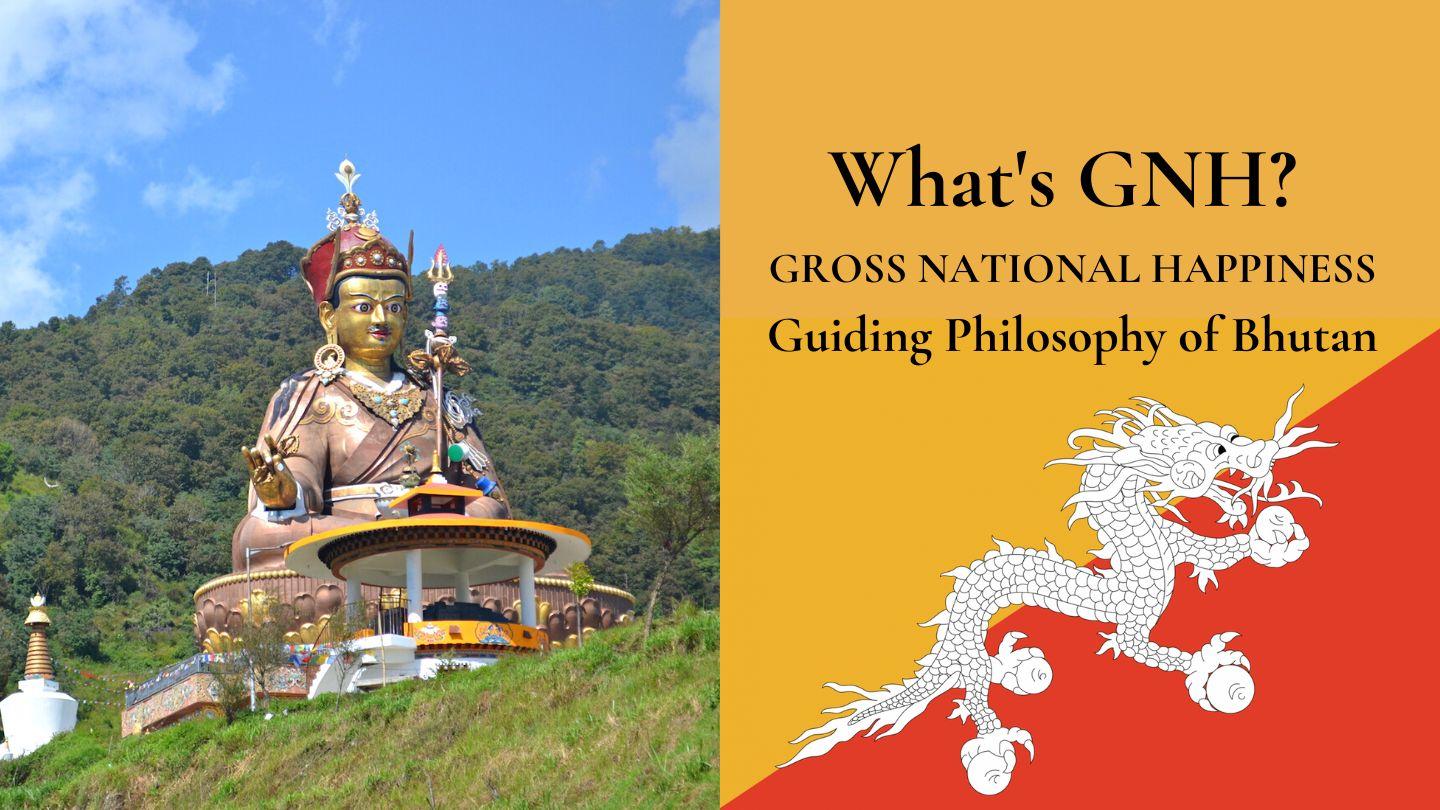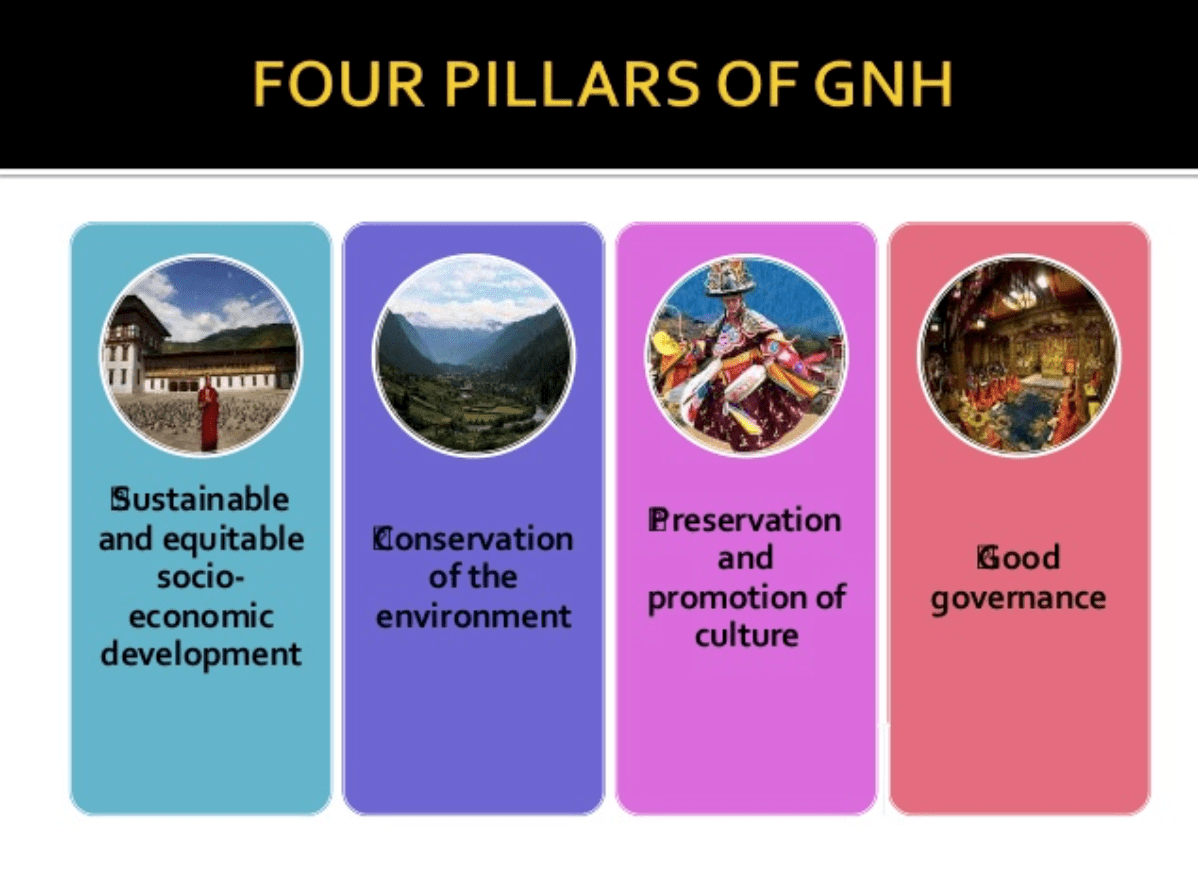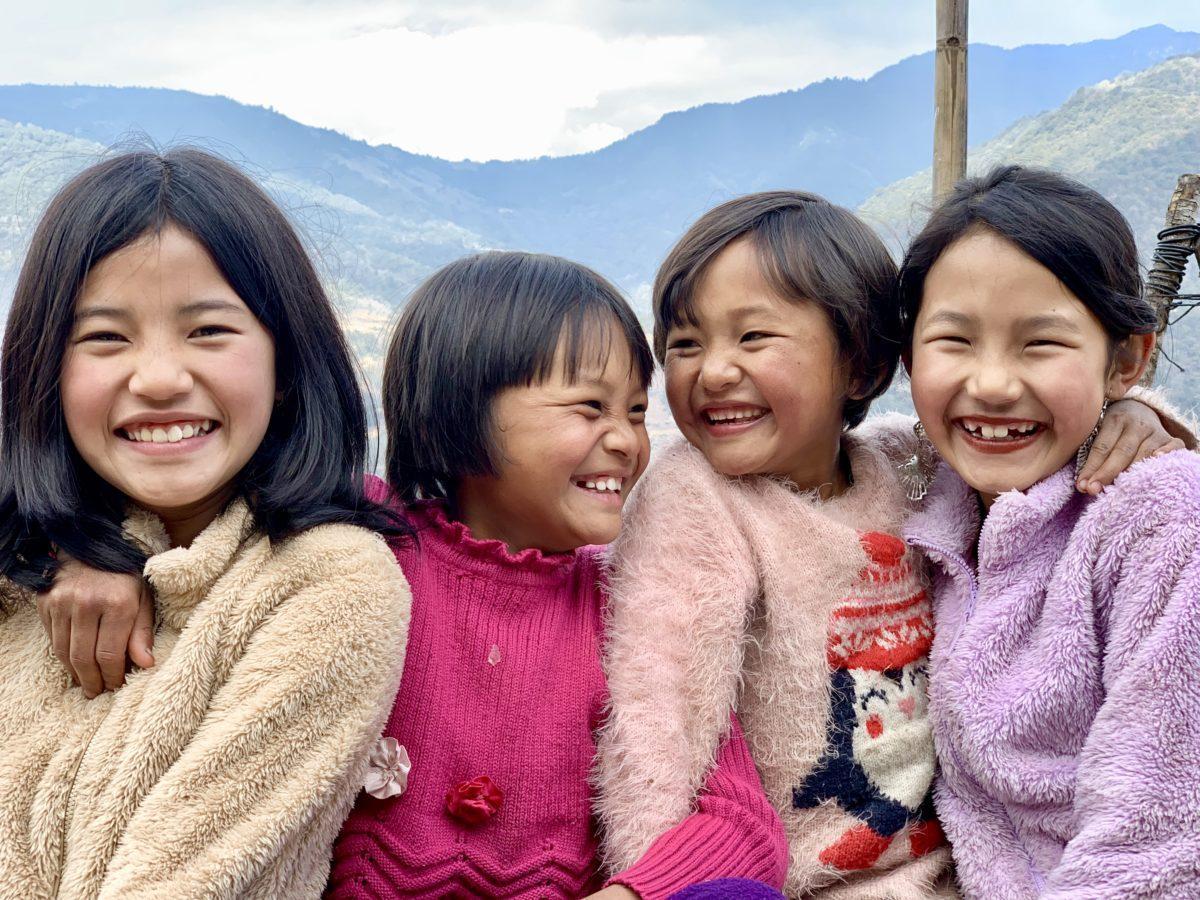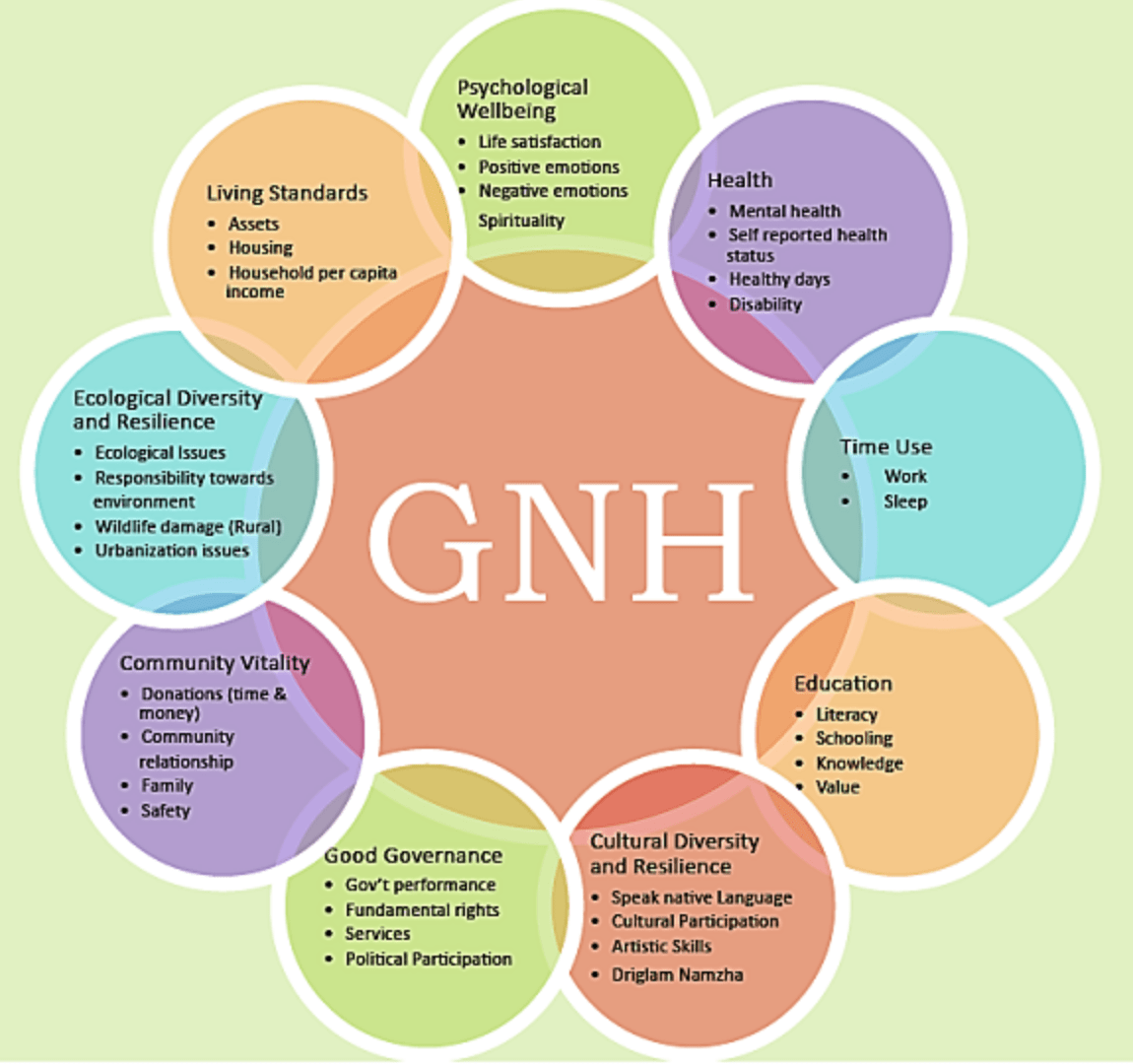 As the new BRICS gold-backed financial system adds fuel to our global financial restructuring, Bhutan offers a refreshing concept based on Buddhist wisdom. What do we VALUE? Bhutan is a special kingdom with a unique ideology of GNH. Gross National Happiness is a development philosophy rooted in VALUE. In Bhutan GNH attempts to bring about judicious balance between spiritual and economic development. WOW! What a concept! The term GNH was first coined in 1972 by the fourth king Jigme Singye Wangchuck. He became very popular when he declared to the world: “Gross National Happiness is more important than Gross Domestic Product.”
As the new BRICS gold-backed financial system adds fuel to our global financial restructuring, Bhutan offers a refreshing concept based on Buddhist wisdom. What do we VALUE? Bhutan is a special kingdom with a unique ideology of GNH. Gross National Happiness is a development philosophy rooted in VALUE. In Bhutan GNH attempts to bring about judicious balance between spiritual and economic development. WOW! What a concept! The term GNH was first coined in 1972 by the fourth king Jigme Singye Wangchuck. He became very popular when he declared to the world: “Gross National Happiness is more important than Gross Domestic Product.”
Bhutan is a small country tucked away high in the Himalayas, sandwiched between India and China. It has one of the smallest economies in the world, and one of the smallest populations. In spite of these constraints, Bhutan has been blessed with extraordinary leaders. Several enlightened kings have consistently made the happiness of the people their overarching priority.
Happiness has been a core goal of Bhutan for nearly four centuries. In fact, the concept of GNH has its ideological roots in the Buddhist Legal Code of 1629. This happened 150 years before the 1776 US Declaration of Independence outlined unalienable rights to “Life, Liberty and the pursuit of Happiness. Bhutan’s founding father Zhabdrung Ngawang Namgyel declared:
“If the government cannot create happiness for its people, then there is no purpose for government to exist” – Zhabdrung Ngawang Namgyel, founding father of Bhutan, 1629
 Gross National Happiness consists of four important pillars:
Gross National Happiness consists of four important pillars:
- Sustainable and equitable socio-economic development.
This reflects the concern of the government to promote equality by bringing equal development both in the urban centers and rural areas, thereby minimizing regional disparities. It also focuses on conducting comparable growth both social and economic such as providing free health care, education, and developing hydro-power projects for the economic development of the country. The country aims on becoming economically self-reliant. - Conservation of natural environment
This pillar prioritizes on protecting the natural environment. The Royal Government of Bhutan frames strict policies and organizes different programs in pursuit of maintaining harmony between man and nature. The constitution of Bhutan states that Bhutan will always maintain 60% of its land under forest cover. The development processes are to be guided by the top-most environmental mores, sacrificing short term benefits to ensure sustainability in long run. - Preservation and promotion of culture.
Protecting and preserving the rich culture and tradition is must for a developing country like Bhutan. King Jigme Singye Wangchuck whenever visiting schools reminds and addresses the importance of preserving and promoting the ancient culture and tradition. His majesty having deepest concern for a small landlocked country stresses that, “Being a small country with very small population, we do not have military muscle. We cannot play a dominant international role. The only factor we can fall back on, which can strengthen Bhutan’s sovereignty, is the unique culture we have.” People of Bhutan keeping this in mind try to avoid deteriorating the unique culture and tradition. They hold hands together to enhance the old tradition and culture. Bhutanese culture includes:
- National identity
- Religion
- Language and literature
- Dress
- Art and architecture
- Driglam Namzha (etiquette)
4. Good Governance
Good governance in all its essence covers accountability, transparency, social justice, equality, decentralization, national security and principles that form a democracy. Any developmental plans of the ministers must be first submitted to the GNH commission in order to prevent conflict with the GNH principle. Any developmental policy that conflicts with the GNH principle is not considered a developmental plan. This ensures that law and order support every citizen of the kingdom.

Gross National Happiness Compared to Gross National Product
Gross National Happiness is a unique philosophy which is measured in terms of the well-being and happiness of people rather than monetary values. The differences between Gross National Happiness and Gross National Product are as follows:
- Gross national happiness is people and welfare oriented. Gross National Product is money oriented.
- GNH is a broader concept of study which brings the prosperity and happiness of people into account. GDP is narrow concept concerned with the material flow in society.
- GNH is measured in terms of quality. GNP is measured in quantity.
- GNH is eco-friendly. GNP is eco-unfriendly as it brings more destruction to the environment concerned with just the financial outcome.
How is Gross National Happiness Measured?
The GNH index is a holistic approach to measure the happiness and wellbeing of the Bhutanese population. It is a measurement tool used for policy making to increase GNH. The GNH Index is also known as the GNH Happiness Survey, done on a sampling basis. It includes the nine domains which are further supported by the 33 indicators. The Index makes the analysis of the nation’s wellbeing with each person’s achievements in each indicator. In addition to analyzing the happiness and wellbeing of the people, it also guides how policies may be designed to further create enabling conditions to improve weaker scoring results of the survey.

GNH nine domains are further supported by these 33 indicators. The GNH Happiness Survey is performed annually on a sampling basis.
In this way through the four extraordinary pillars and the nine domains of Gross National Happiness, Bhutan remains true to the ancient teachings of Buddha in the 21st century.


